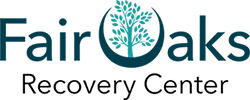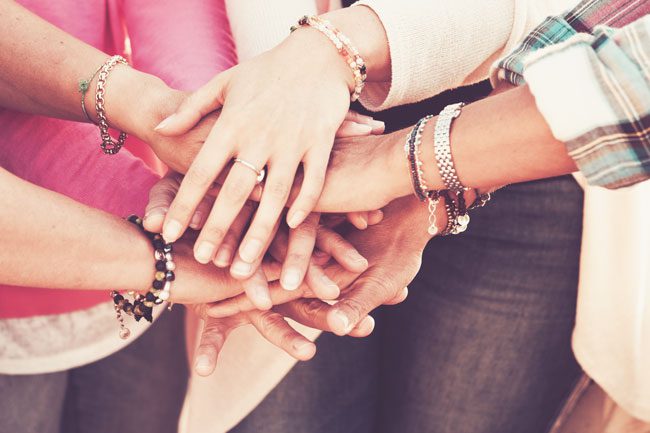Giving Back
In the earliest stages of recovery from substance abuse, self-care and treatment can be completely consuming—both in terms of a person’s time and their energy. There may not be much opportunity to think about how to help anyone else. As recovery progresses, however, giving back can become an important component of the process.
Struggling with addiction can leave people feeling poorly about not only their choices, but also about their value as a person. An individual in recovery needs the opportunity to see themselves in a positive light and to improve their sense of self-worth. One way for this to happen is for them to help others, either within the recovery community or in the broader world.
Benefits of Giving Back
Not only can giving back improve a person’s self-worth, but it also offers other benefits. As suggested by our partners at St. Joseph Institute, giving back can:
- Boost feelings of empowerment
- Provide hope for the future
- Prevent or begin to address victim mentality
- Enhance feelings of gratitude
- Build a sense of empathy toward others
- Reduce the risk of relapse due to boredom
- Offer social connections with other people
- Fight loneliness and isolation
- Develop hidden interests and talents
- Help to expand sober support networks
- Lead to job offers
- Provide a way to obtain references for outside job opportunities
Barriers to Giving Back
Sometimes people in recovery may struggle to find ways that they are able to give back, due to lack of transportation, time constraints, criminal records, physical disabilities, or other issues. While these barriers are real and can make it difficult to engage in some activities, they are certainly not insurmountable.
Volunteering with a group or through a virtual opportunity may allow a person to avoid transportation-related problems. Some opportunities may offer flexible scheduling. Criminal records are most likely to interfere with opportunities that involve direct, unsupervised access to clients, so a person with a recent record may be most successful in pursuing opportunities that are either fully supervised or don’t put them in direct contact with others.
How to Give Back
You can give back in many different ways throughout your recovery journey. These include:
- Becoming a sponsor to another person facing addiction – Acting as a sponsor helps to build one’s own understanding of recovery and allows for growth by challenging a person to explain their own beliefs and ideas to the person they are sponsoring.
- Helping to run a recovery meeting – This opportunity builds leadership skills and holds you accountable for attending the meeting, even on days when you may not feel like going.
Sharing your story – Either verbally or in writing, sharing your personal recovery story allows for a deeper exploration of your own progress as you help motivate others to stay get and stay sober. - Transporting someone to a recovery meeting – This is a small, yet very meaningful, gesture when someone would otherwise be unable to attend the meeting.
- Volunteering – Being a volunteer gives you something to look forward to, a sense of accomplishment, and the satisfaction of benefiting the community at large. Options include:
- Distributing food at a soup kitchen or food pantry
- Providing meals, emotional support, activities or cleaning at a homeless shelter
- Building or repairing homes for low-income or elderly homeowners
- Working with animals
- Helping veterans
- Volunteering at a hospital
- Cleaning up a park or campsite
- Putting away books at a library
- Tutoring (either a child or an adult learner)
- Mentoring at-risk children or teenagers
- Volunteering at a nursing home or with a program to support senior citizens
- Working at a call center to help people who are suicidal, addicted, runaways, or victims of domestic violence
Finding Volunteer Opportunities
Any of the places listed above may have volunteer opportunities available on their websites or by inquiring in person. There are also many websites a person can use to find volunteer opportunities throughout California:
- Volunteer Match
- Volunteers in Parks
- California Department of Fish and Wildlife Volunteer Program
- Best Buddies
- United Way
- Volunteers of America
Finding Balance
There can be a tendency, when one finds a way that they are good at giving back, to go overboard. Some opportunities can become time-consuming, if one does not draw clear boundaries and require that these be respected.
Self-care should never suffer as a result of one’s charitable activities. It can be difficult to objectively assess how we are doing with self-care, but the National Alliance on Mental Illness (NAMI) has a simple self-care assessment anyone can take, even if they don’t have a mental illness, to ensure that they are not ignoring their own needs and thus setting themselves up for a relapse.
At Fair Oaks Recovery Center’s California drug and alcohol treatment program, we encourage all clients to engage in giving back once they have completed the initial phases of treatment. Our staff can help each individual to find ways in which they would like to share their time and talents while supporting them in setting proper boundaries to ensure that they maintain balance in all aspects of their recovery.



